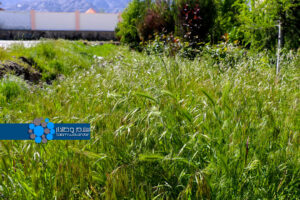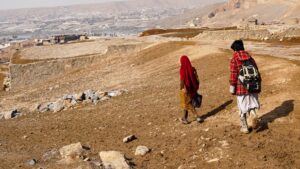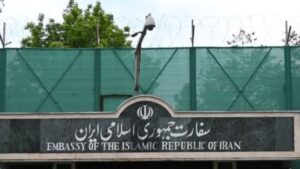KABUL (SW) -The Islamic Emirate authorities have defended banning telecast of the international broadcasters’ local language programmes in Afghanistan.
Officials of the Ministry of Information and Culture say that the decision was taken due to the “non-observance of Afghan and Islamic culture” by the international broadcasters.
Abdul Haq Hammad, head of media monitoring at the Ministry of Information and Culture, told Salam Waandar that the Islamic Emirate has no problem with the content of international media programs, but that Afghan and Islamic culture must be observed in television programs.
“Many of them work in the radio sector in the big provinces of Afghanistan, but in television programs they did not follow the Afghan and Islamic culture, they wore non-Islamic and non-Afghan clothes,” he added.
The head of media monitoring at the Ministry of Information and Culture stated that the local media, which rebroadcast international media programs, have been repeatedly asked to adhere to Afghan and Islamic culture if they broadcast in Afghanistan, but they did not pay attention and did not adhere to this principle.
BBC TV programming has been taken off air in Afghanistan, after the Taliban ordered local channels not to broadcast content from international partners, said the broadcaster in a statement.
Calling it a “worrying development”, the BBC said it would affect more than six million viewers of Persian, Pashto and Uzbek language service programmes.
The BBC Persian TV channel can still be accessed – but only by the 20% of Afghans who have satellite TV.
Radio and online services are unaffected. Other international broadcasters whose programming was taken off air by the ruling include Voice of America, German company Deutsche Welle and China Global Television Network.
BBC World Service head of languages Tarik Kafala said it was crucial Afghans were not denied access to impartial journalism at a time of “uncertainty and turbulence”.
Before the ruling, the BBC had broadcast every day for half an hour in Pashto, via Afghan partner stations.
Similar arrangements allowed for 15 minutes of programming in Uzbek, five days a week, and for 60 minutes a day in Persian, also five days a week, backed by two weekly current affairs programmes.
ENDS






